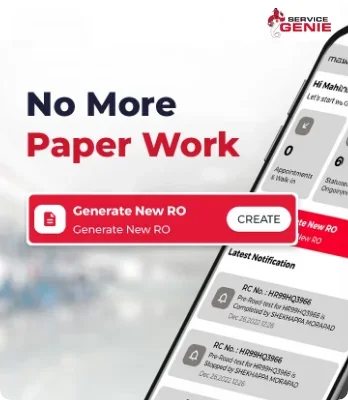For over two decades, Neuronimbus has been the trusted choice for data architecture and strategy solutions, driving transformative success for large enterprises and startups worldwide.
Data Solutions Powering Performance
Our services translate data into competitive advantage, optimizing your data ecosystem for coherence, compliance, and commercial success

Data Expertise
Gain clarity and accessibility by expertly organizing your data for easy navigation and efficient utilization.

Data Integration
Effortlessly merge data across platforms for enhanced collaboration and streamlined operations.

Data Governance
Ensure data integrity and compliance through robust governance frameworks, safeguarding your valuable information assets.

Data Analytics
Transform raw data into actionable insights, empowering informed decision-making and driving business growth.

Data Security
Protect your data against evolving threats with comprehensive security measures, ensuring confidentiality, integrity, and availability.

Data Consulting
Navigate the complex data landscape with expert guidance, leveraging insights to drive strategic initiatives and maximize value.
Our Tech Framework
Experience superior efficiency and innovation with our robust tech stack, designed to optimize data engineering architecture for exceptional results.

Strategic Insights
We create a roadmap to refine data into strategic insights, guiding your business toward success with informed decision-making.

Custom Frameworks
Crafted to address your data landscape's specific needs, our custom frameworks provide tailored solutions for your unique challenges and opportunities.

Analytical Excellence
We leverage innovative analytical models to distill complex data into clear, actionable intelligence, empowering proactive initiatives and fostering business excellence.
Our
Case Studies
We Innovate
Across Industries
Dive Deeper
into Our Insights
FAQs - Data Architecture and Strategy Services
Data engineering architecture refers to the structured framework and methodology used to collect, store, process, and manage large sets of data. It involves the design of reliable, scalable, and secure systems that support data extraction, transformation, loading (ETL), and the final storage solutions.
Key components include data ingestion mechanisms, data storage solutions, data processing frameworks, and data orchestration layers. Each component plays a critical role in ensuring data is accurately captured, stored, processed, and made accessible.
Cloud computing provides scalable resources and advanced data processing capabilities, which are essential for handling large volumes of data. It allows data engineers to leverage powerful processing and storage technologies without the overhead of managing physical infrastructure.
Challenges include handling data variety and volume, integrating new data sources, ensuring data quality, and maintaining system performance. Overcoming these challenges requires careful planning and ongoing management.
Trends include the increasing use of machine learning for automated data quality checks, greater adoption of multi-cloud environments for data resilience, and the integration of more advanced analytics functions directly into data layers.
A robust architecture ensures that data flows efficiently throughout an organization, supporting accurate and timely insights for decision-making. It reduces latency, improves data quality, and ensures scalability as data volumes grow.
The architecture directly impacts the effectiveness of business intelligence by ensuring that data is not only available but also organized and processed in a manner that supports analytics and reporting tools.
Security is managed through multiple layers including data encryption, secure data transfer protocols, access controls, and regular audits. Ensuring data integrity and confidentiality is paramount in the architecture design.
Real-time processing requires architectures to support fast data ingestion and immediate data processing to provide timely insights. This often involves using technologies like stream processing engines and real-time analytics tools.
Scalability can be ensured by adopting elastic cloud services, modular design principles that allow for easy expansion, and using technologies that automatically adjust performance based on demand.
Next Level Tech,
Engineered at the Speed of Now!
Are you in?
Let Neuronimbus chart your course to a higher growth trajectory. Drop us a line, we'll get the conversation started.
























